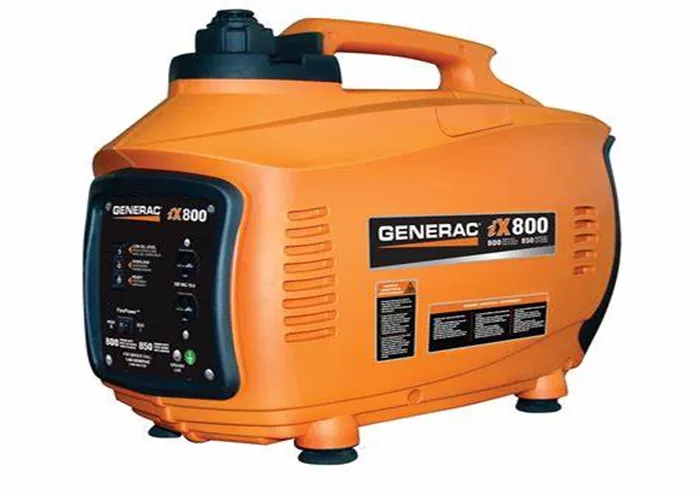Hospitals are critical infrastructure that must maintain constant power to ensure the health and safety of their patients. With sophisticated equipment, life-support systems, and various medical technologies in use, even a brief power outage can have severe consequences. To safeguard against such risks, hospitals rely on backup generators to provide a reliable power source during outages. But how long do these hospital backup generators last, and what factors impact their longevity?
The Role of Backup Generators in Hospitals
Hospitals use backup generators to ensure continuous power in case of electrical failures due to storms, grid malfunctions, or other emergencies. These generators are essential to keeping operations running smoothly, particularly in critical areas such as operating rooms, intensive care units (ICUs), and emergency departments, where power interruptions could directly endanger lives.
Generators typically run on diesel, natural gas, or even propane, depending on the hospital’s location, infrastructure, and local regulations. The power generated can support vital systems, including lighting, ventilators, anesthesia machines, oxygen supply systems, and refrigeration units for medications.
Lifespan of Hospital Backup Generators
The lifespan of hospital backup generators varies depending on several factors, including the type of generator, the quality of maintenance, and the operating conditions. However, most hospital backup generators are designed to last between 20 and 30 years.
1. Type of Generator
The type of generator significantly influences its expected lifespan:
Diesel Generators: Diesel-powered generators are the most common choice for hospitals because they offer a high power output and are relatively fuel-efficient. On average, a diesel backup generator can last 20 to 30 years, assuming it is properly maintained. However, the engine’s wear and tear depend on usage frequency and the conditions under which it operates. Generators used frequently for long periods may require replacement sooner.
Natural Gas Generators: These generators typically have a slightly shorter lifespan than diesel ones, ranging from 15 to 25 years. While they are cleaner and require less maintenance, they may not be as robust in extreme conditions, and their dependence on a reliable gas supply is a potential drawback in some areas.
2. Maintenance Practices
Proper and regular maintenance is the most significant factor influencing the longevity of a hospital backup generator. Hospitals must adhere to strict maintenance schedules, including:
Routine inspections: Checking for wear and tear, oil changes, fuel quality, and battery health.
Load testing: Ensuring the generator can handle its full load capacity during emergencies.
Cleaning and lubrication: Reducing friction and maintaining engine performance.
Well-maintained generators tend to last the full range of their expected lifespan, while poorly maintained units may experience premature failure.
Factors That Influence Generator Lifespan
Several other factors can affect how long a hospital backup generator lasts:
1. Environmental Conditions
Extreme weather conditions, such as high heat, humidity, or cold temperatures, can strain the generator’s components. For example, high temperatures can cause the engine to overheat, while cold weather may make it difficult for the generator to start efficiently. Hospitals in harsh climates may need to invest in additional protective measures, such as housing the generators in climate-controlled enclosures.
2. Frequency of Use
The more frequently a backup generator is used, the faster its components are likely to degrade. Generators that only run during rare power outages may have a longer life compared to those used more regularly for testing or during periods of high demand. Hospitals should strike a balance between running the generator for routine tests (to ensure it’s operational) without overburdening the system.
3. Fuel Quality
The quality of fuel used also plays a critical role in the longevity of a generator. Diesel fuel, for example, can degrade over time, leading to clogs in fuel filters and damage to the engine if not rotated and replaced periodically. Hospitals must ensure that their fuel is properly stored and regularly replaced to avoid long-term damage to the generator.
Extending the Life of Hospital Backup Generators
Hospitals can take several steps to ensure the long-term reliability of their backup generators:
Investing in quality units: Higher-quality generators tend to last longer, even under harsh conditions.
Regularly scheduled maintenance: This is crucial to identifying and addressing potential issues before they cause breakdowns.
Upgrading components: In some cases, hospitals may opt to replace certain parts (e.g., batteries, fuel systems) to extend the generator’s overall lifespan.
Monitoring and diagnostic tools: Installing advanced monitoring systems can help detect early signs of malfunction, allowing for prompt corrective action.
Conclusion
Backup generators are essential for the safety and functionality of hospitals, ensuring that critical systems remain operational during power outages. With proper care, most hospital backup generators can last between 20 and 30 years. However, maintenance, environmental factors, and the type of generator all play significant roles in determining their longevity. Regular inspection and upkeep are key to ensuring that these generators continue to provide reliable power when it matters most, safeguarding the lives of patients and maintaining the smooth operation of hospital services.

